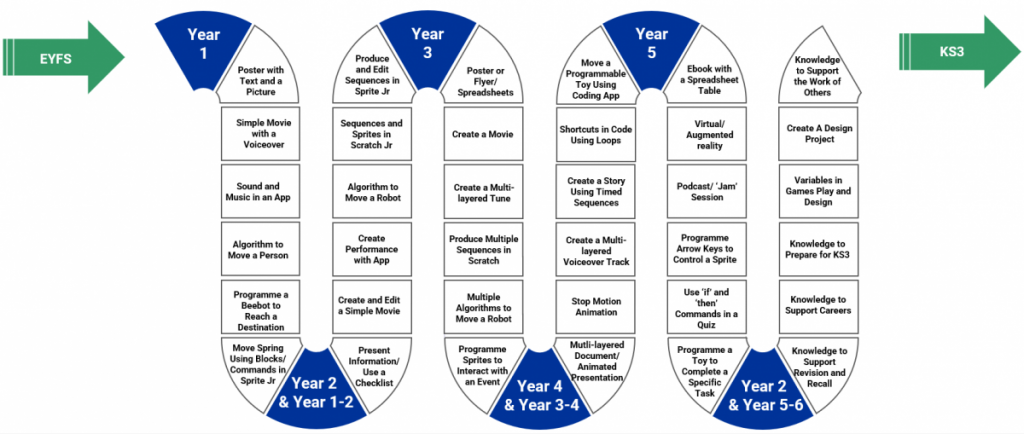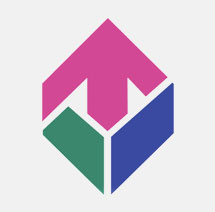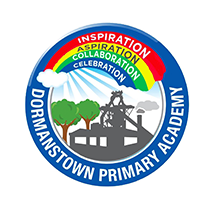- Home
- Our Academy
- Key Information
- Parents/Carers & Pupils
- Parents/Carers & Pupils
- 30 Hours Funded Childcare
- After School Clubs
- Breakfast Club
- E-Safety
- Help Organisations Outside of School
- Lunch Menus
- School Gateway App
- Share a worry or concern with us
- Pupil Wellbeing and Mental Health
- Reading with your child
- Safeguarding
- Sooper Books – Free School library
- Term Dates
- Trust Newsletters
- Uniform
- Attendance
- Curriculum
- Pennyman News






